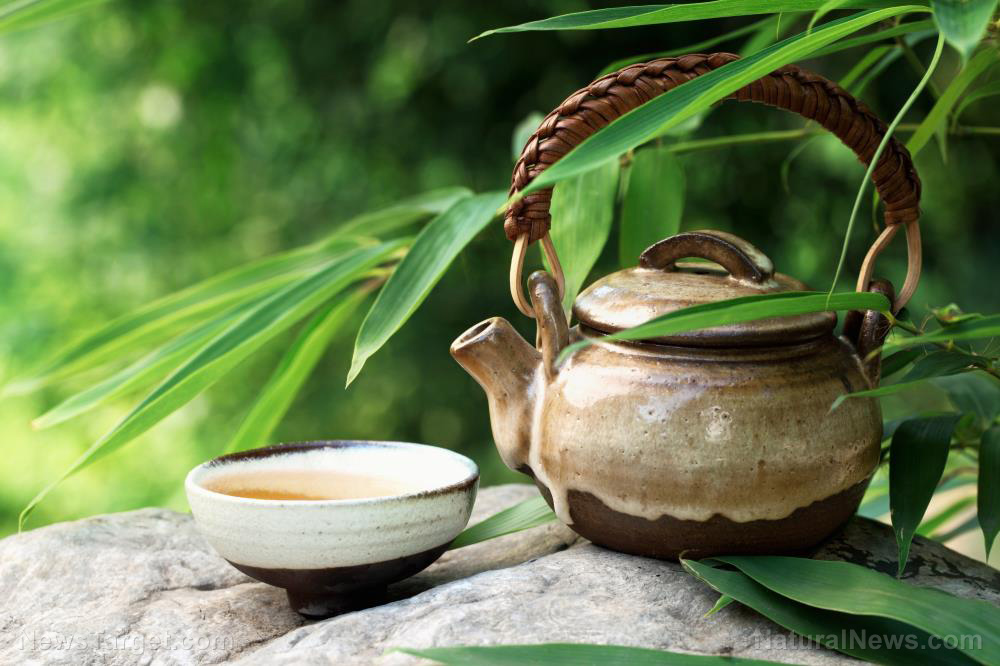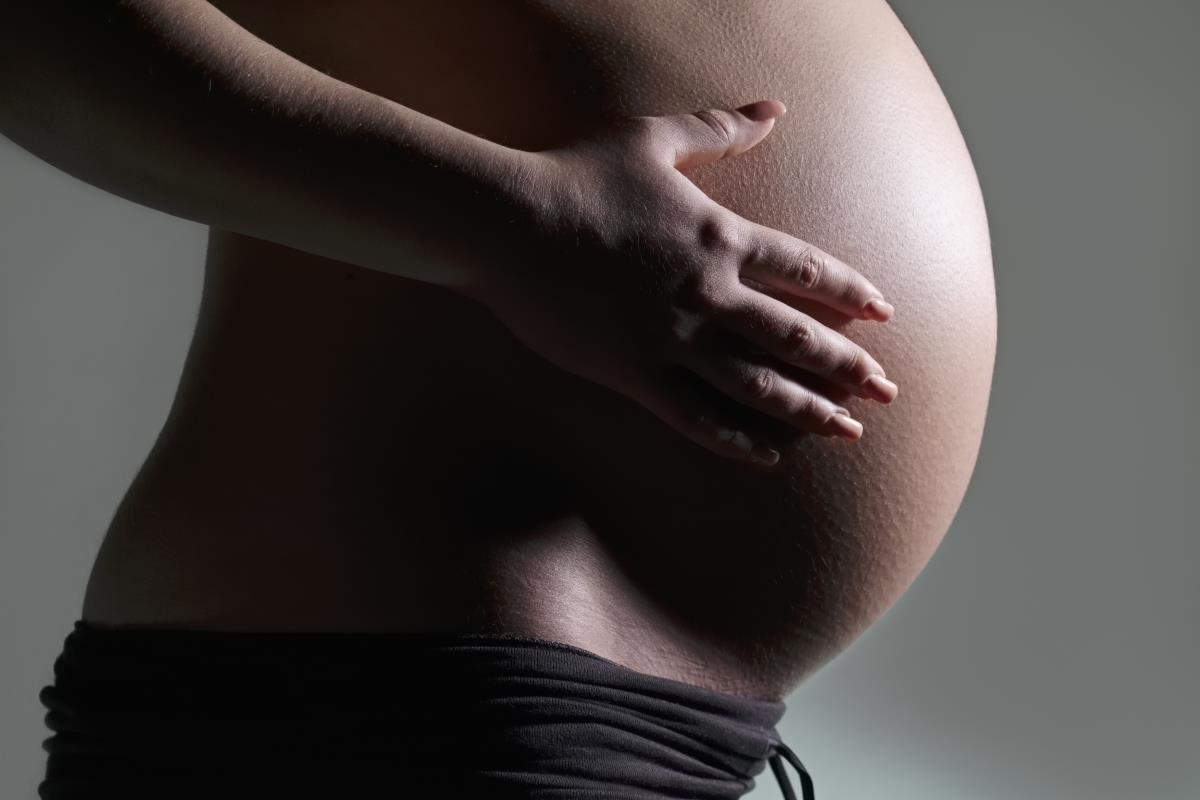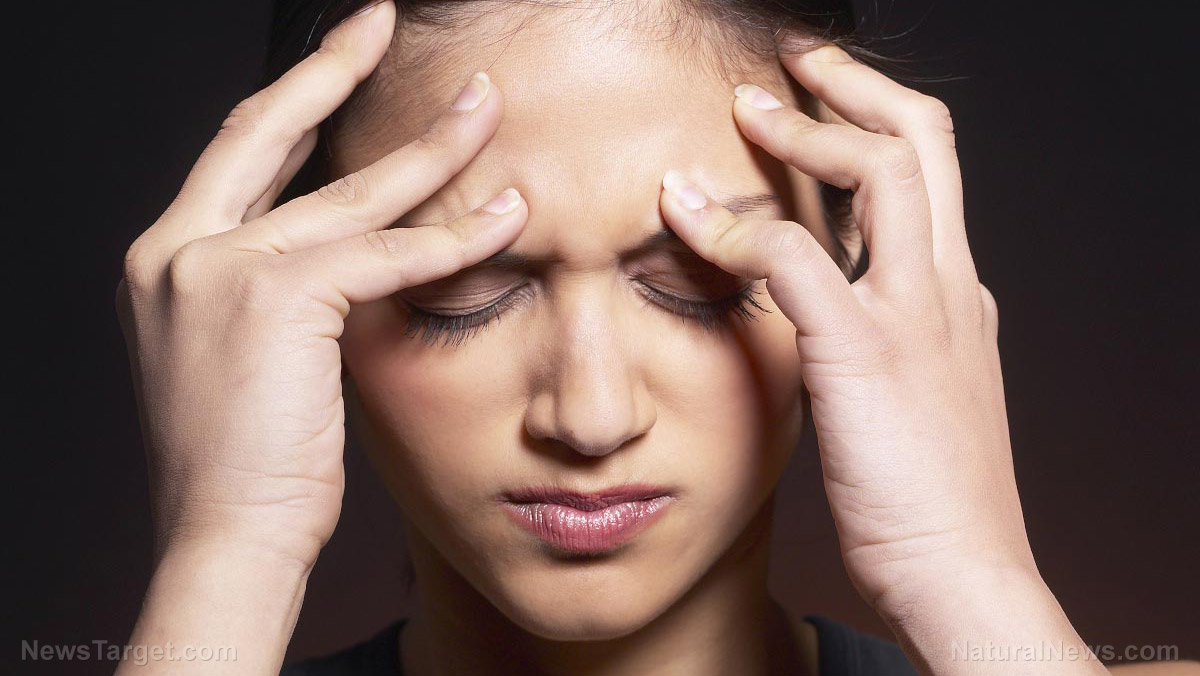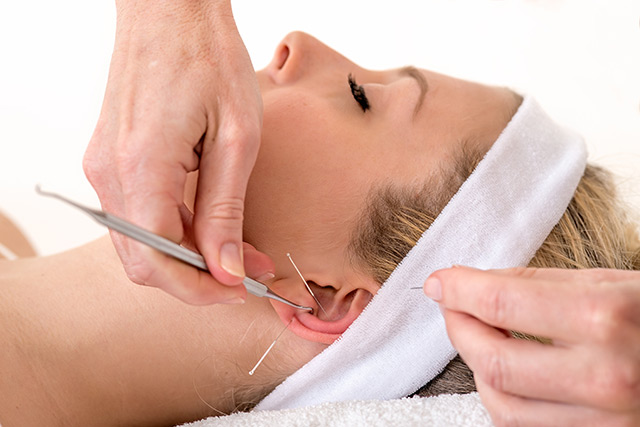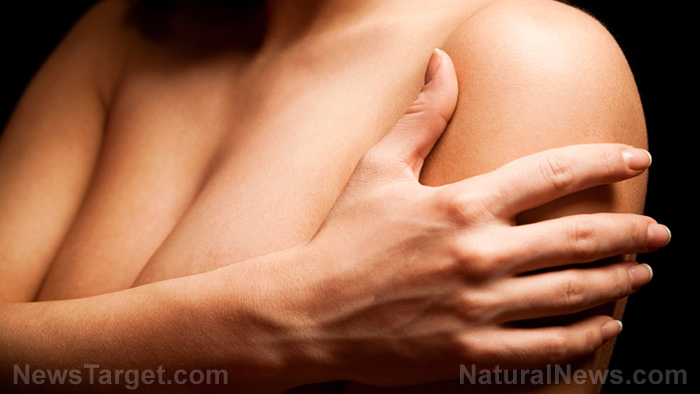South Korean study shows the effectiveness of acupressure in reducing sleep disturbances among middle-aged women
07/10/2019 / By Edsel Cook
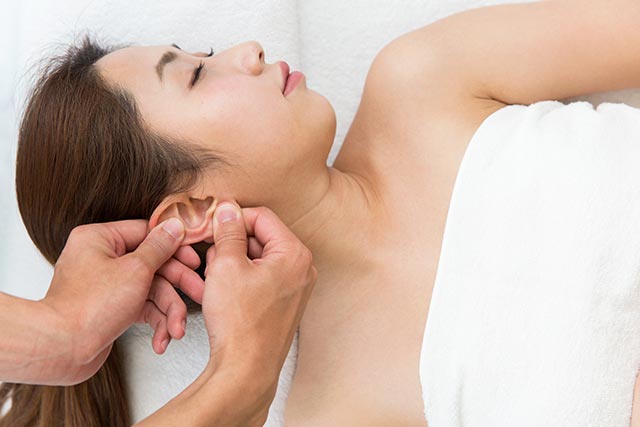
The various chemical changes taking place in the bodies of middle-aged women cause them a lot of psychological stress that may disrupt their sleep. South Korean researchers recommend that these women try out ear acupressure therapy to alleviate stress and to reduce the chances of sleep disturbances.
For most modern women who enjoy longer lives, middle age starts at their 40th year of life and ends when they turn 60 years old. As they grow older, their bodies undergo changes associated with the aging process in females. Their menstrual periods come at increasingly irregular schedules until they stop menstruating for good.
The onset of menopause reduces the number of essential hormones that their bodies produce. The lower levels of estrogen, progesterone, and norepinephrine lead to a lack of serotonin in the brain, thereby affecting their mental well-being.
The combination of physiological changes and increasing emotional and physical stress make middle-aged women likely to develop depression. They will start experiencing problems with their appetite, emotions, and especially sleep.
Middle-aged women may find it hard to fall asleep or stay asleep for long periods. A shortage of proper sleep can compound existing issues such as depression, resulting in an unhealthy cycle where the problems exacerbate each other. (Related: Women who sleep with their pet dogs rest easier, according to a study.)
Ear acupressure may offer stress relief and better sleep for middle-aged women
Ear acupressure is a traditional Chinese treatment that physically stimulates points on the ear of a patient to activate the natural regenerative powers of the body. Formally called auricular acupressure, it is known to alleviate symptoms of a wide array of health problems.
A research team from Kyung Hee University (KHU) looked into the possibility of using ear acupressure therapy to alleviate the sleep problems of middle-aged women. They believed that acupressure could relieve the stress experienced by patients, which would improve the quality of sleep.
For their test, the researchers set up a semi-experimental design divided into pre-testing and post-testing stages. The cohort consisted of 67 middle-aged women who lived in Seoul. The participants were split into a treatment group and a placebo group.
Twice a week for two weeks, the treatment group underwent ear acupressure therapy. The practitioner applied skin paper tape on the Gyogam, Sinmun, Bushin, Naebunbi, and Pijilha acupressure points of the ear. Then he stimulated the locations with a needle without piercing the skin.
The placebo group received the skin paper tape on the acupressure points of their ears as well. However, the practitioner did not activate their acupressure points.
Ear acupressure can bring down stress hormone levels in patients
The KHU researchers evaluated the changes in the acupressure and placebo groups. They used scale methods to measure stress levels and sleep quality. They also took samples of the participant’s blood and analyzed the concentration of cortisol, a stress hormone associated with the immune system and metabolism.
Their findings indicated that ear acupressure treatment caused considerable improvements in stress levels, blood cortisol levels, and quality of sleep. Participants who received acupressure therapy reported feeling less stressed and sleeping for extended periods.
Based on their findings, the researchers concluded that ear acupressure therapy can alleviate the physical and emotional stress that afflicted middle-aged women. Activating the five acupressure points succeeded in reducing cortisol levels.
By reducing stress hormone levels, acupressure improved the mood of the patients, making it easier for them to go to sleep and keeping them from waking up early. Therefore, the researchers recommended that ear acupressure be considered a potential treatment modality for treating sleep disturbances in middle-aged women.
Sources include:
Tagged Under: alternative medicine, auricular acupressure, ear acupressure, middle age, natural cures, natural medicine, research, sleep, sleep disorders, sleep quality, stress, stress relief, TCM, therapies, traditional Chinese medicine, women's health
RECENT NEWS & ARTICLES
COPYRIGHT © 2017 WOMENS HEALTH NEWS

